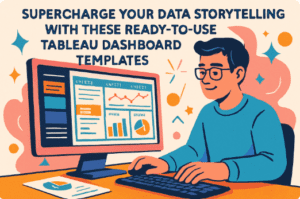
A Tableau project is a complicated venture. So don’t let your next Tableau project become a trainwreck (see above). A Tableau consultant will put your next project back on track.
As mentioned, Tableau projects are complex. Owing to diverse data sources, advanced calculations, and intricate visualizations. Performance optimization and user requirements further layers of complexity to your project. This blog discusses standard issues with Tableau projects. And how hiring a Tableau consultant will stop projects from becoming trainwrecks. (End of train metaphors)
Related posts:
- The Ultimate Guide to Choosing a Tableau Consultant UK
- Is Tableau Data Visualization Consulting Right for Your Business?
- Tableau Customer Lifetime Value Dashboard – Your Keys to Sustainable Success!
- Boost Your Bottom Line with The Ultimate Product Dashboard!
- Discover Hidden Customer Insight Gems with Amazing Tableau Cohort Analysis
- 13 Amazing Tableau Financial Dashboards for Financial Mastery
1. Haphazard Objectives
Without well-defined objectives, it’s challenging to achieve a successful outcome for your project. A Tableau consultant can help crystalize your business objectives. They ask the right questions to get to the crux of your business needs. They determine precisely who will be using your dashboards. They find out exactly what your users want to see. They document requirements diligently. Tableau consultant’s solution will meet the business requirements. At the end of a project, there is hard evidence of the requirements, and the solution fulfils every aspect. Everyone is happy, especially you!
2. Did you Speak to the End Users
Failing to understand the needs of end users can result in ineffective visualizations. The more time we spend understanding user needs, the better the solution. We need to ensure that we have the requirements locked down. This can save everyone a lot of time and money. A Tableau consultant understands user needs and builds the solution to specification.
3. Your Data Quality Sucks
Inaccurate, incomplete, or inconsistent data can lead to misleading or unreliable visualizations. Before we start working with the data, completing a data quality audit is a good idea. Even if the Tableau consultant builds to spec, the insights may be useless if the data sucks. It is far better to make high-quality, clean data. A Tableau consultant can complete any data task to bring the data quality up to standard.
4. Your Data is Under-Prepared
Insufficient data cleaning, transformation, or aggregation can hinder the creation of meaningful visualizations. We want to ensure the data is pristine at the data source rather than doing this within Tableau. If we are completing extra processing in Tableau, this will degrade performance. A Tableau consultant can ensure the data is sparkly before it gets to Tableau.
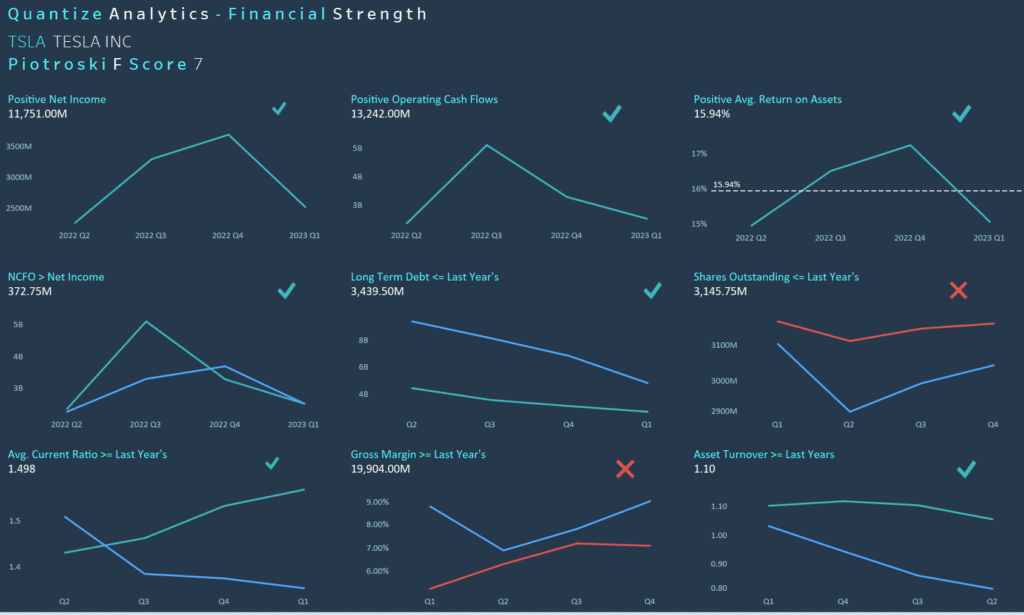
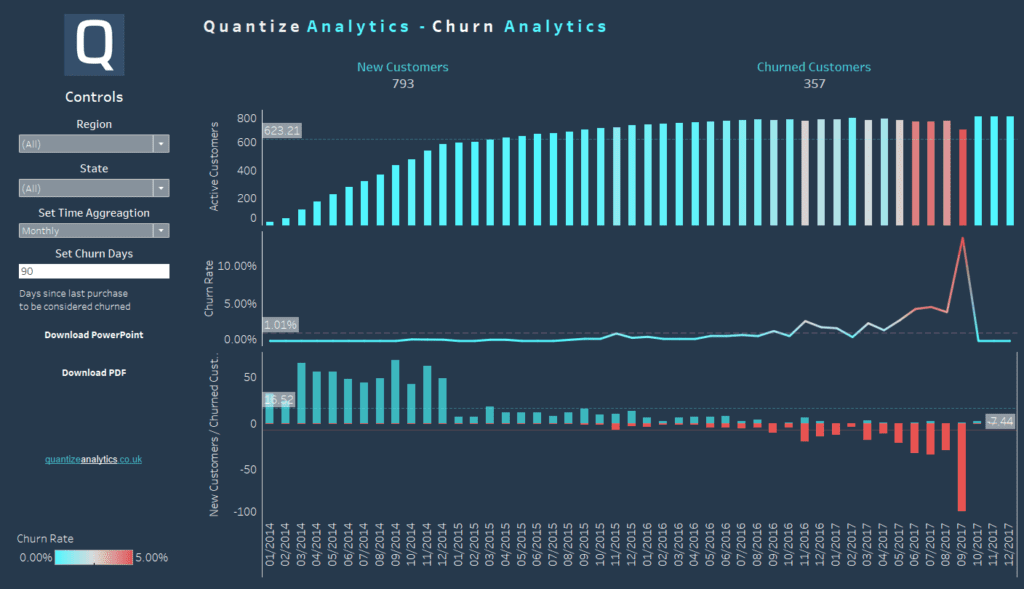
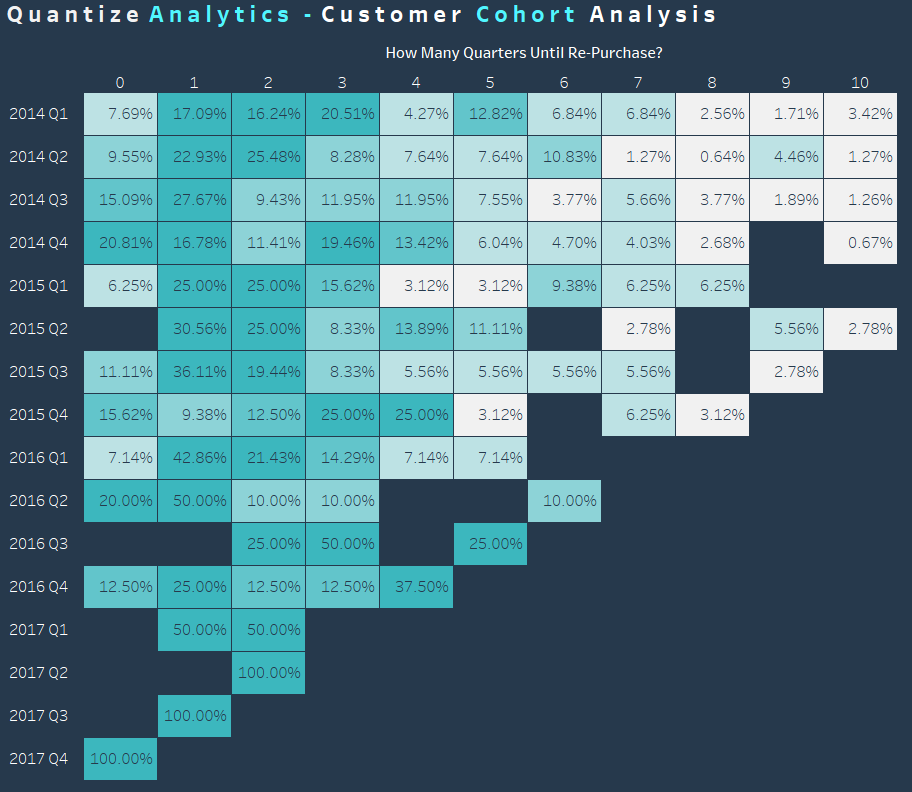
5. Your Data Visualization Design is Messy
Poor design choices can lead to flawed interpretations. We want users to immediately see the insights from a data set with minimal effort. It is easy for a Tableau noob dabbling with Tableau to create visualizations. With the drag-and-drop interface, it is straightforward to create something in a short amount of time. But from what the author has seen, this is usually garbage. An experienced Tableau consultant will have many years of experience under their belt. They can provide a range of possible visualizations to bring your company’s data to life.
6. Did You Continue to Speak to the End User?
Inadequate involvement of end-users in the design and review is a fatal mistake. The involvement of end users is paramount from the beginning of the project. A Tableau consultant must show the end users many iterations of the dashboard by providing regular demos or proof of concepts to allow end users to provide feedback early. The Tableau consultant will take the end user’s feedback as gospel. They will make the necessary changes until the end users are happy with the results.



7. Your Non-Existent Data Governance
Without proper data governance, a project risks descending into chaos, much like a trainwreck. Data governance ensures that data is accurate, consistent, and secure, providing a foundation for reliable insights and decision-making. Without it, data becomes disorganized and prone to errors, leading to duplicate or incomplete datasets, misaligned metrics, and conflicting analyses. Stakeholders may lose trust in the data, resulting in poor decision-making and wasted resources. Furthermore, a lack of governance increases the risk of regulatory non-compliance, potentially leading to fines or reputational damage. Ultimately, the absence of data governance undermines a project’s credibility and its ability to deliver meaningful outcomes.
8. You Cannot Connect to Certain Data Sources
Difficulties in integrating data from various sources into Tableau can be limiting. Tableau can connect to multiple data sources. Yet, there are a lot of technical aspects to setting up these connections with Tableau. For some databases, installation of local drivers and configuration of connections is necessary. For an experienced Tableau consultant, this would be a piece of cake.
9. Complete Lack of Dashboard Optimization
Slow response times or inefficient query performance can hinder user experience. If we connect Tableau to a database, a new query hammers the database every time the user acts. This can be painfully slow, and the user experience terrible if not optimized. You will also get emails from your DBAs asking what is going on. A veteran Tableau consultant would know when to optimize or switch to a Tableau data extract. This will pump the user experience to unknown levels.
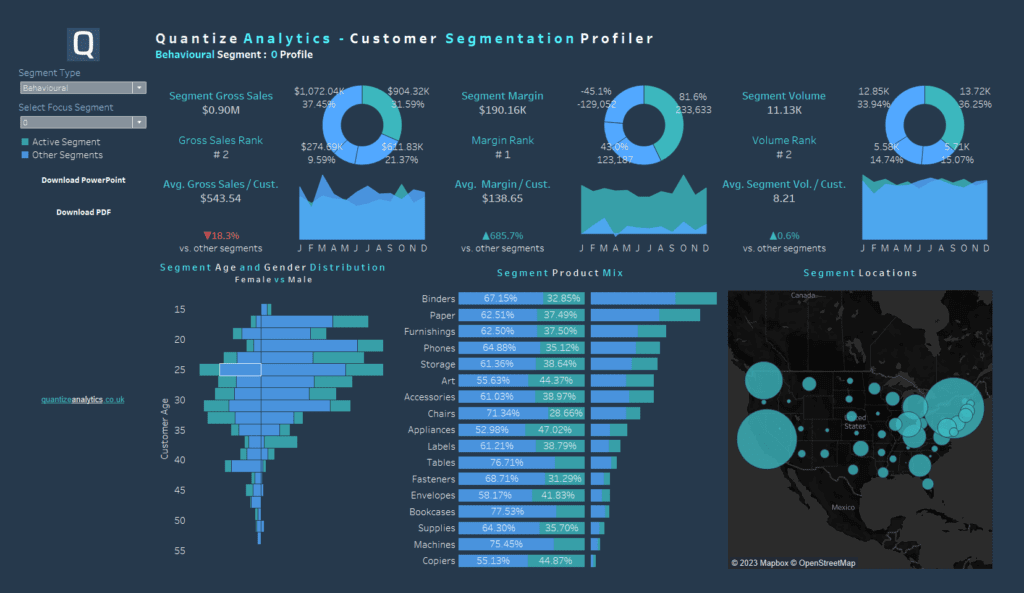
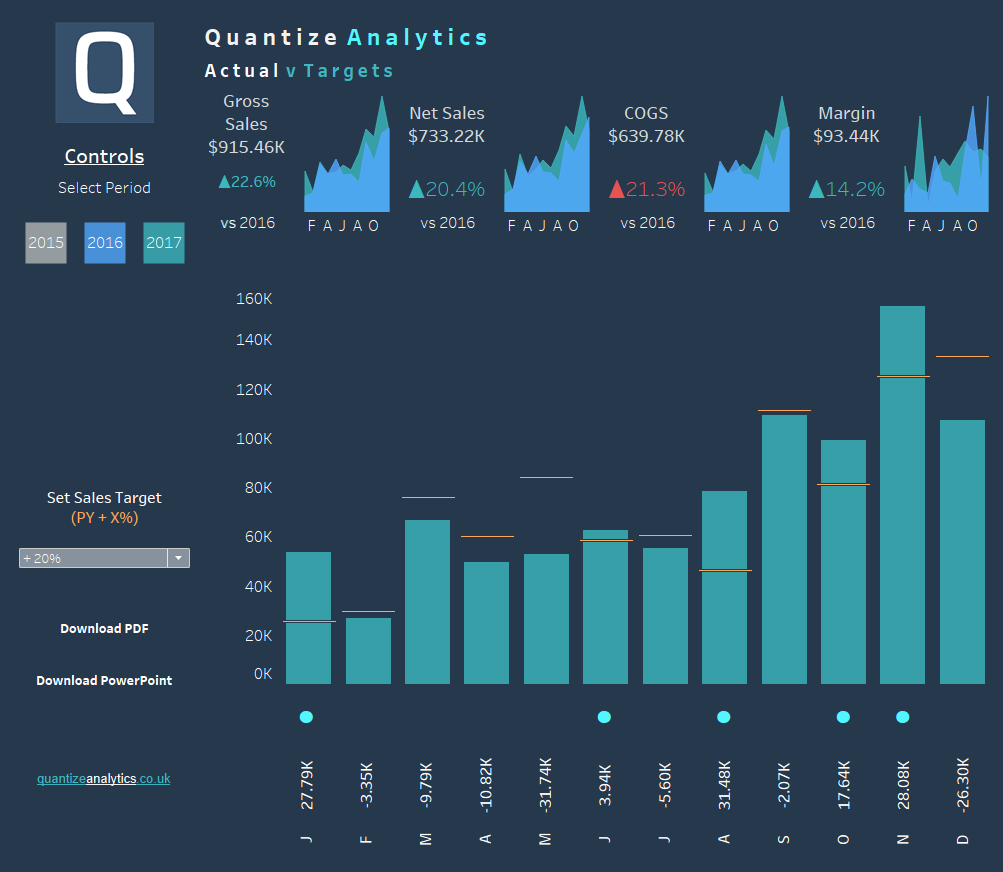
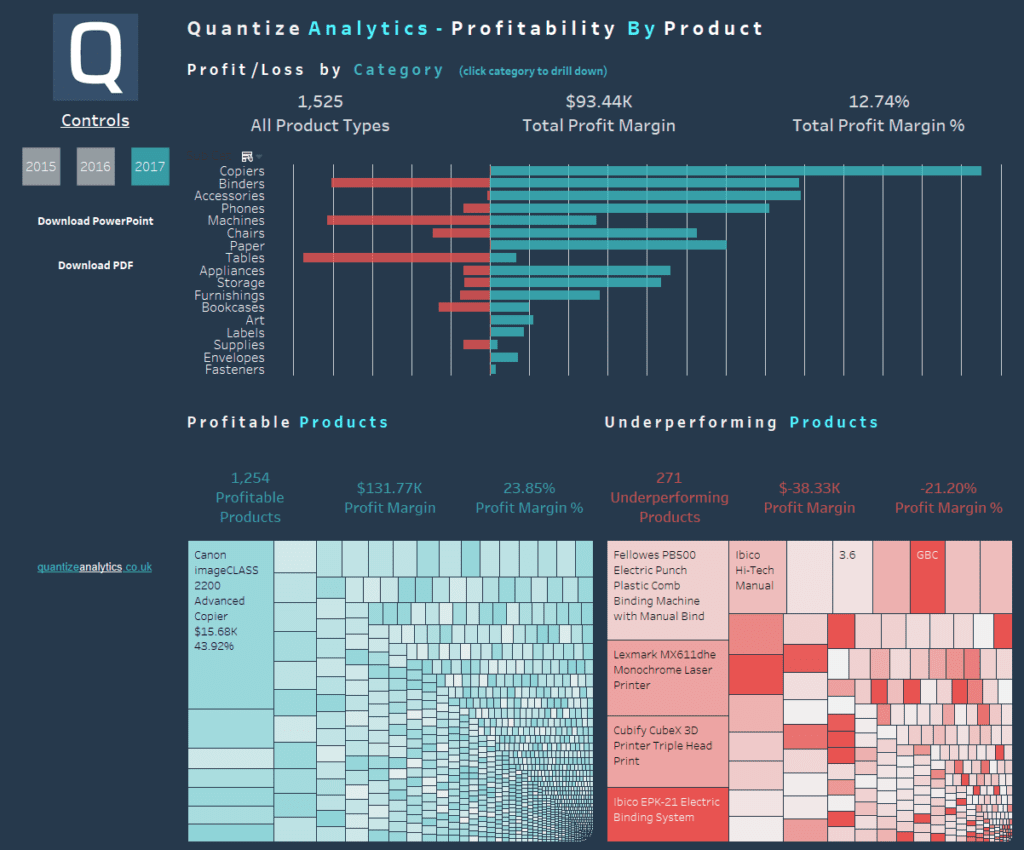
10. A Part-Time Tableau Enthusiast Will Not Do
A lack of proper training can result in users not utilizing Tableau’s capabilities.
If your current team is dabbling in Tableau, it is unlikely that they will use it properly. Think of the time wasted on tinkering with amateur-level dashboards. An external Tableau consultant will ensure your end users will be looking at a thing of beauty rather than the poor-quality tinkering of a Tableau hobbyist or dabbler.
11. An Overreliance on Default Visualizations
Relying on default settings may lead to generic and less impactful visualizations. A Tableau professional can build a staggering variety of visualizations. Unfortunately, the ‘default’ visualizations are pretty lacklustre. The standard colour palettes are awful. If you want some outside-of-the-box visualizations, it is better to hire a Tableau consultant.
12. Lack of Storytelling and Context (When Needed)
Failing to tell a compelling, data-driven story can make visualizations less engaging. A Tableau consultant’s bread and butter is making data come to life. A significant caveat is that sometimes a dashboard is just a dashboard; we do not need an epic story. Knowing the difference is something a Tableau consultant can help with.
13. Users Can Not Even Access The Dashboard
Neglecting to consider how users will access your dashboard will be problematic. Potential users will bombard you with emails for access requests for the rest of your days. After a Tableau consultant deploys your dashboards, we want to ensure users can access them. A self-service wiki page with URLs to the dashboard is a simple solution. We want users to be able to determine how to gain the necessary permissions. You do not want your job to become user support for these people.


